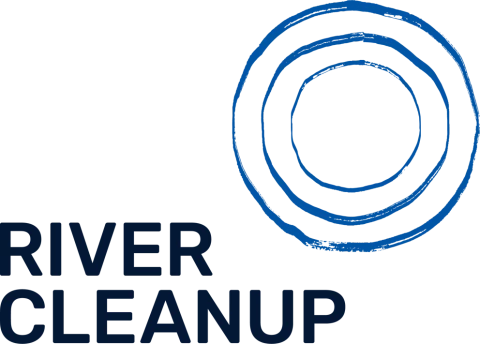SUMMARY - The Green Mobility Plan aims to reduce the carbon emissions from festival travel, which represent a significant portion of its ecological footprint. Since 2022, the festival has promoted rail travel, with a goal of reaching 30% of visitors traveling by train by 2025 and improved electric shuttle services to train stations. Additionally, car travel is discouraged through high parking fees and incentives for carpooling, while artist travel is focused on European tours to minimize air travel, with electric vehicles used for transport to/from the festival.
Since the carbon emissions from visitor, supplier and artist transport will continue to represent a massive chunk of our ecological footprint, travel is crucial to our sustainability ambitions. After all, this accounts for the majority of our total carbon emissions.
Since 2022, we have initiated a dedicated green mobility plan, introducing a night train schedule and promoting train travel to minimise the share of visitors coming to Perk by car. Last year, we estimated that 25% of visitors travelled by rail. Night train destinations include Brussels, Antwerp, Mechelen, Ghent, Leuven and Hasselt. In June 2025, we aim to reach the benchmark of 30% of visitors who travel by train. Good news: we are adding night trains on Sunday, too!
Clearly, it makes sense for us to continue promoting train travel and finding new ways to facilitate and make this option more attractive. That’s why we invested in a better electric shuttle bus service between the festival site and Vilvoorde’s train station, with the help of our local mobility partner, Brussels Airport. On the other hand, parking fees will remain relatively high (at €25 for a day and €35 for the weekend), discouraging car travel. Visitors who do not carpool (less than two persons) will receive an extra parking fee of €5. To make carpooling more convenient and accessible, we are working with Slinger. This easy-to-use tool enables participants to effortlessly arrange rides with each other in just a few clicks. This platform aims to streamline the carpooling process, save time, and reduce environmental impact. Lastly, we also continue to collaborate with You Smart Thing, a helpful tool that allows visitors to plan out their travels to and from the festival precisely, including shuttle buses and night trains.
Regarding artist travel, our booking team remains committed to only booking international artists already touring Europe to limit air travel. Additionally, we will continue to promote Belgian artists on our lineup (standing at 44% in 2024) – not just because they don’t travel by aeroplane but because we believe in our local music scene, too. Transport between the festival and the airport, hotel or train station is exclusively done by electric vehicles.



















